Why we really do need to talk about Brexit
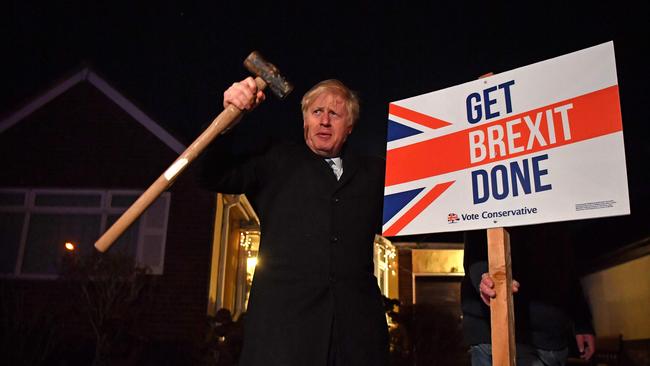
I’ve nailed it, haven’t I? Casual mentions will be permitted (you can call the country Brexit Britain, for instance, whether you think that’s a good or a bad thing) but there is to be no serious discussion. That really appears to be the intention. It’s certainly the reality so far.
Brexit is one of the biggest political decisions we have taken in the postwar era. It is hugely consequential for our economy, trading relationships, security and foreign policy. Yet it seems there will be months of arguments about rainbow lanyards instead.
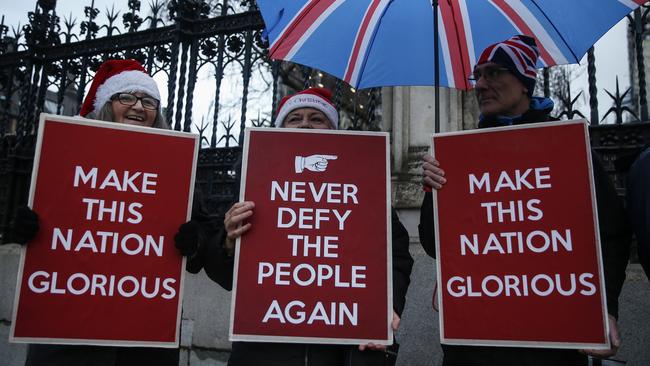
The debate we had about Brexit before the 2019 election was traumatic. Politicians can be forgiven for thinking there is little to be gained from repeating it. The decision to leave the European Union has been made, and it will be some time before we revisit it. But this makes it more, rather than less, important that we engage in a serious discussion about the impact of the choice we made and the adjustments it now requires. The problem is that discussing the consequences of Brexit is not in the interests of either major party. They would rather talk about pretty much anything else.
For the Conservatives, the first difficulty is a fairly simple one to describe and understand. Brexit is no longer very popular. And no campaign manager raises the salience of something that might prove to be a vote loser.
This means the Tories don’t want to talk about the opportunities that Brexit has or will produce because they don’t want to talk about something voters aren’t keen on. But this links to a second problem. Even if they did wish to talk about it, the party still can’t explain what these opportunities might be.

This is even the case on immigration. The Brexit Party has become Reform and spends most of its time talking about the persistence of a problem it previously thought Brexit would solve. Its argument now seems to be that we have to leave other things - the European convention on human rights, the agreements with the United Nations, the laws on refugees - before we get it right. So even the former Brexit Party doesn’t talk all that much about Brexit.
The primary argument for leaving the European Union was constitutional. It means that over time, as the EU becomes more like a state, Britain will be outside it. But any economic advantage appears to be elusive.
Indeed the contrary is the case. Brexit, on its own, makes Britain a less attractive place to do business. And to address this problem it will be necessary for Britain to reduce non-wage labour costs, decrease regulation, conclude trade deals that open our markets to challenge, limit public spending to make tax competitive and allow freer economic migration.
Whatever its other shortcomings, Liz Truss’s recent volume of memoirs is quite clear about this - although she doesn’t properly address the need for an industrial strategy.
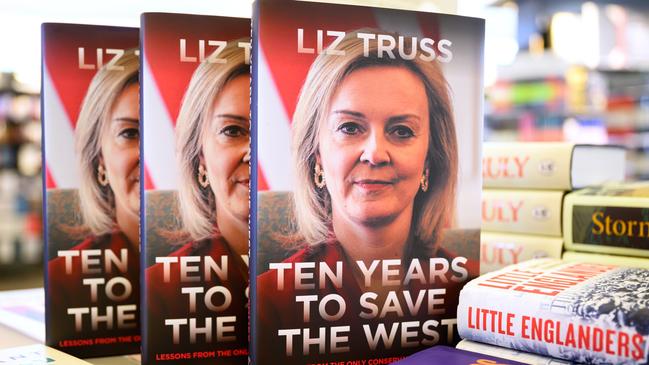
The difficulty for the Conservatives is that these policies split its coalition. The traditional Tory business vote might rally to the cause of competitiveness. But people did not vote for Boris Johnson in red wall seats to cut non-wage labour costs or limit public spending. Truss was surprised to discover that the parliamentary party wasn’t supportive of her growth agenda. She thinks it is because they (along with the Bank of England and the IMF and the civil service) are all left wing. The role that Brexit has played in changing the Tory electoral base went unremarked.
So the best way of dealing with Brexit is not to deal with it. Voters instructed the Tories to “Get Brexit done”; they did and now we can move on. That is the position.
If Brexit is an uncomfortable issue for the Tories to raise, then surely it is ideal for Labour? It seems not. Because just as Brexit splits the Tory coalition, so it does with Labour.
Early in his leadership Sir Keir Starmer determined to win back red wall voters. To do this he decided he needed to reassure them that he would not move any closer to the European Union, certainly not by joining the single market or the customs union. But this promise produces an obvious tension.
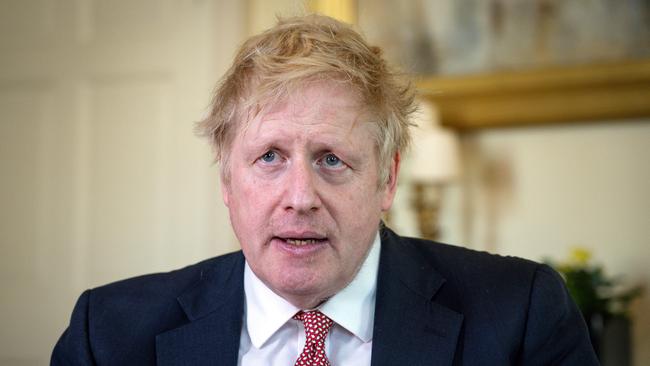
Angela Rayner is proposing measures that will increase non-wage labour costs, with a so-called New Deal for Working People. The effect, and probably the aim, will be to make unions more powerful. Labour will, quite deliberately, make it more expensive to employ people.
In other words, the party is intending to move this country closer to the European social model yet at the same time stay out of the European single market. Over the life of a parliament this combination will become more and more difficult to sustain. The cost of doing business in Britain will be going up when Brexit requires it to go down.
Every single minister in a Labour government will be aware of the problem, will agree that it is damaging to adopt the European social model while staying out of the European single market and will want to resolve the contradiction. Almost all of them will think it is the economic rather than the social policy that is the error. Yet they will struggle to resolve it because they have committed themselves on Brexit.

The next prime minister, in other words, might find himself with an economic policy that doesn’t work, and that he himself doesn’t believe in. This is surely an impossible position.
Any sustained discussion of Brexit leads to the conclusion that about halfway through a Starmer government he will have to revisit our relationship with the European Union, having promised not to. So the best solution for Labour is not to engage in any sustained discussion of Brexit. As a result, when Starmer was asked by the BBC, “Would membership of the European single market boost economic growth?”, he replied, “No”. Which isn’t true and he doesn’t believe it either.
He’d rather we didn’t press the question. As would Rishi Sunak. Which rather means we should, don’t you agree?
The Times



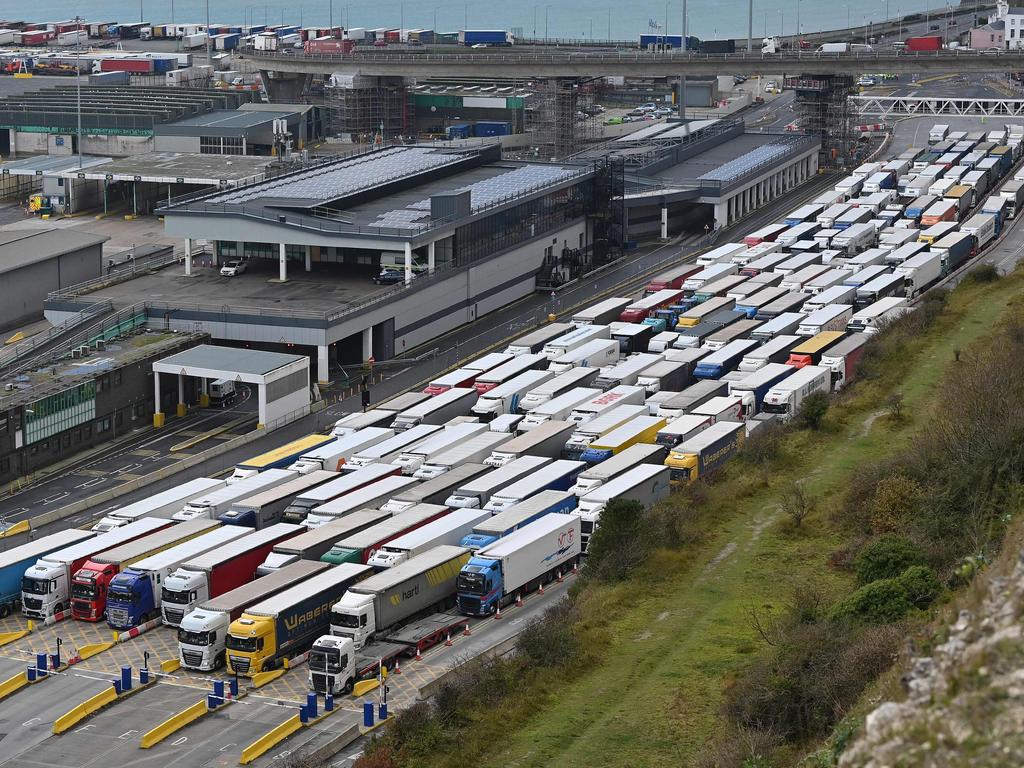



So let me see if I have understood the plan. I think I have, but let me just run it by you to see if I’ve got it right. The plan is to have a gigantic national argument about the future of the nation, discuss the course of politics over the past 14 years, consider the biggest dilemmas in public policy, then vote on it. And during the months it will take us to do that, the idea appears to be this - let’s not talk about Brexit.